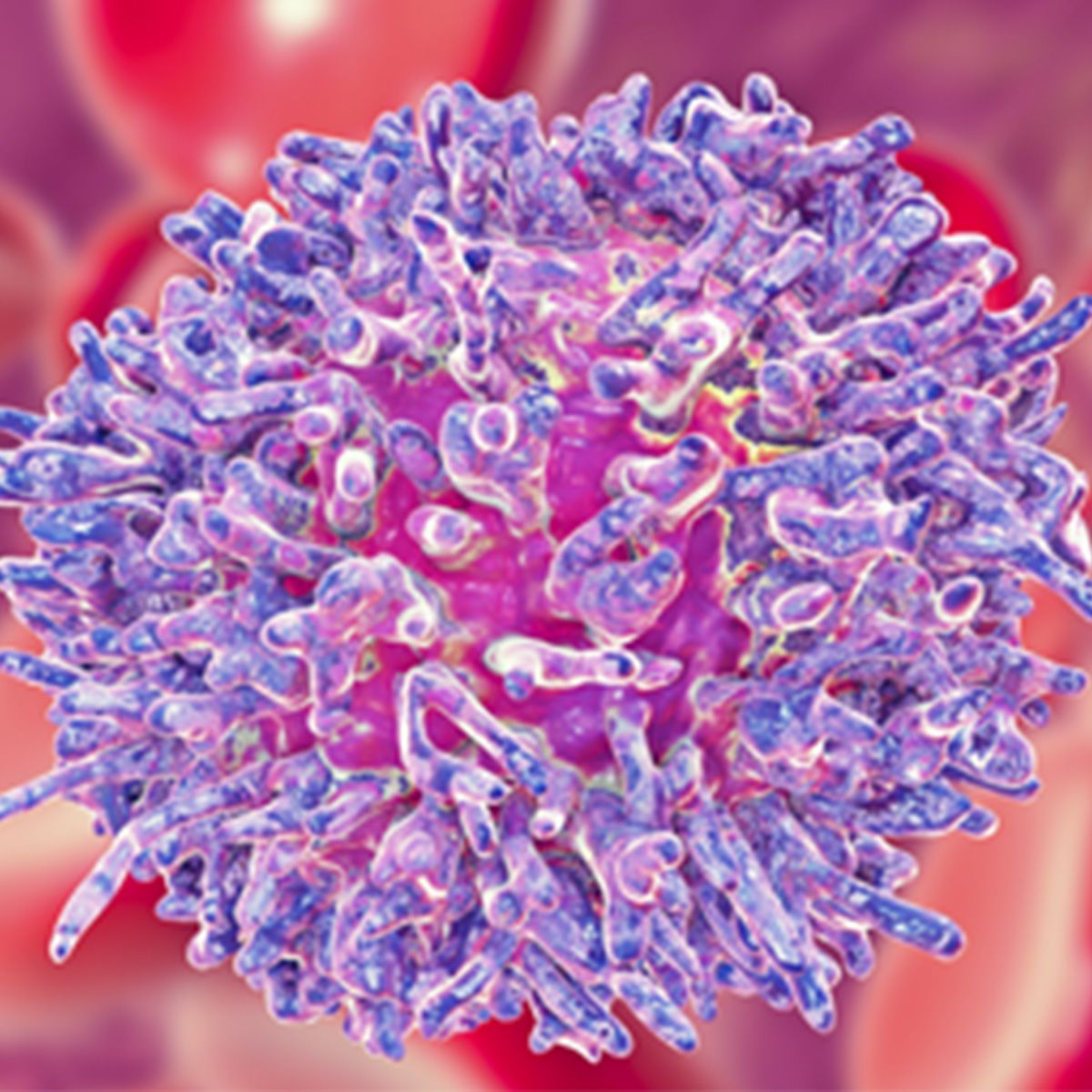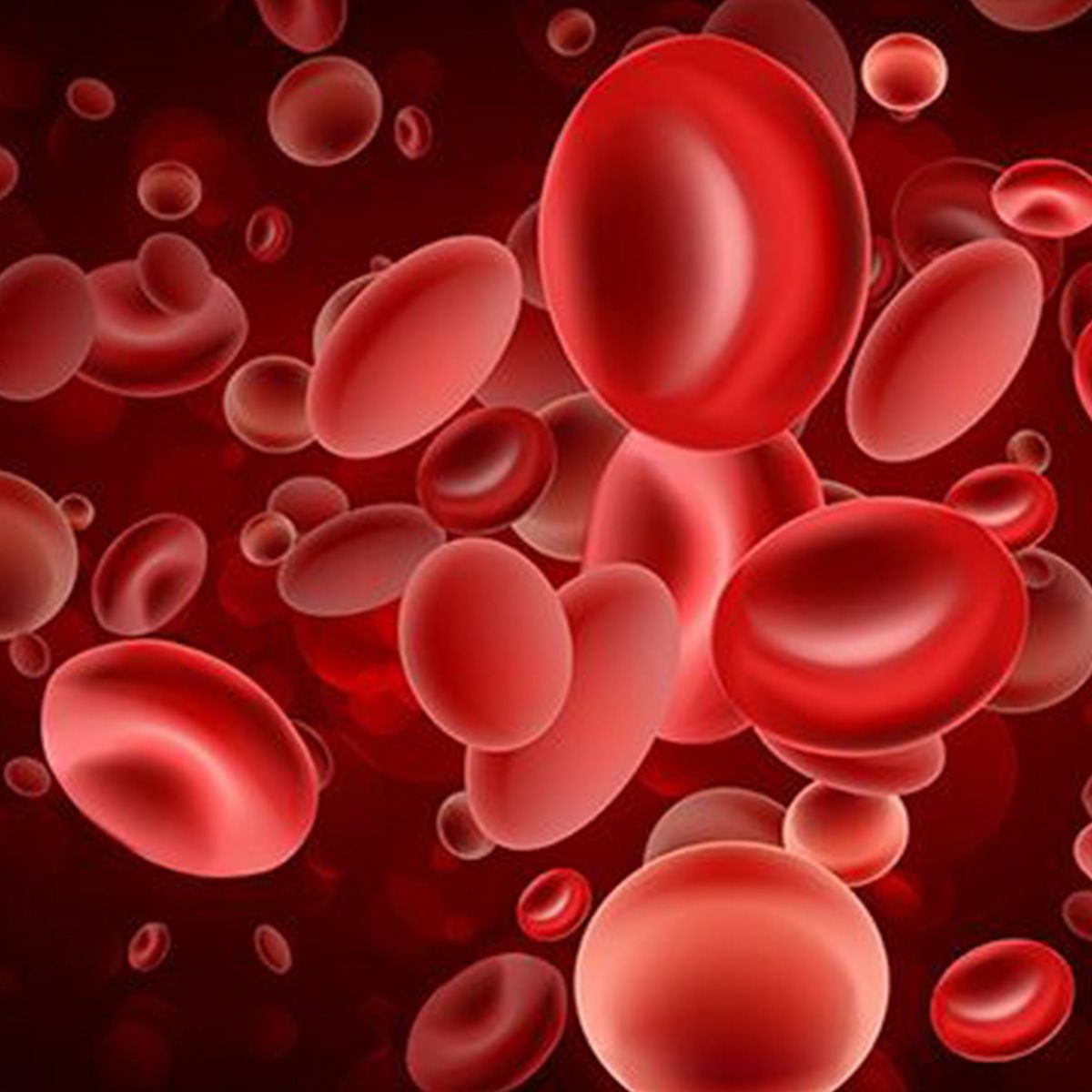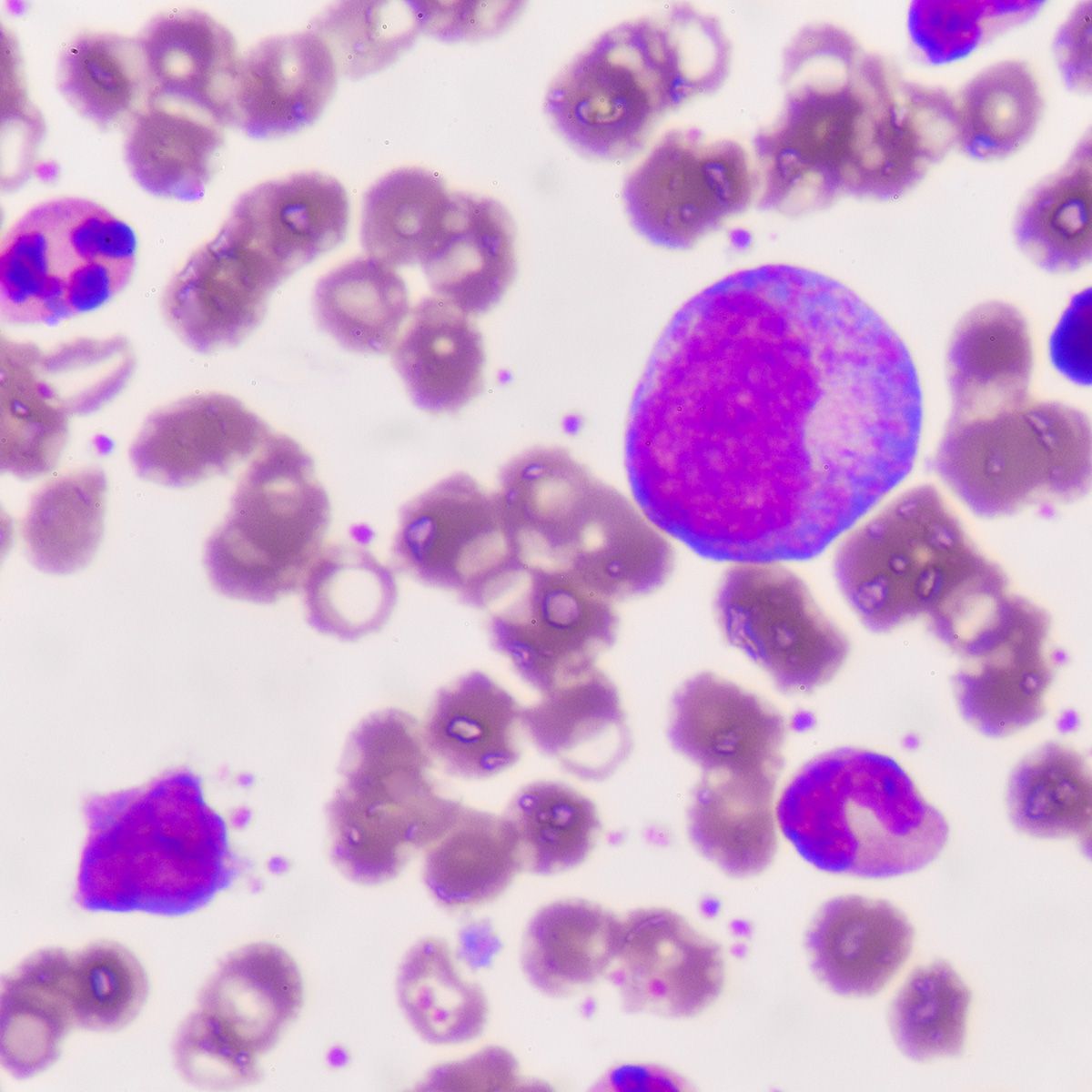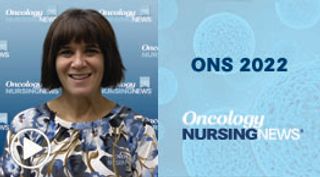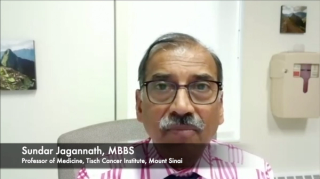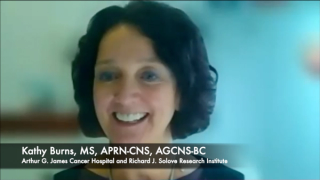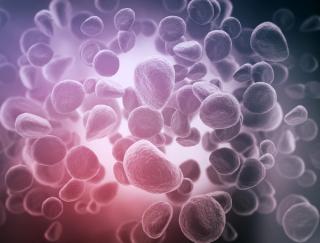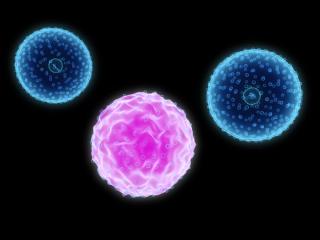
Hematology
Latest News
Latest Videos

More News
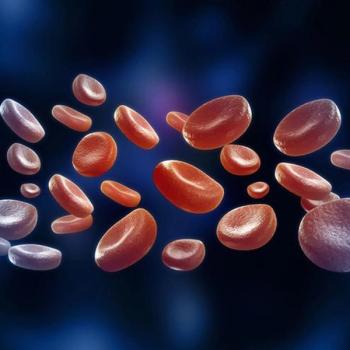
The safety and efficacy of givinostat is being assessed vs hydroxyurea in the phase 3 GIV-IN PV trial.
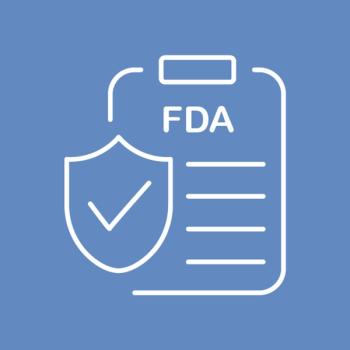
Approvals in oncology during April included treatments for breast cancer, colorectal cancer, and more.

Using tools like the ICE Score could improve consistency in grading neurotoxicity tied to bispecific antibodies in hematologic cancers.
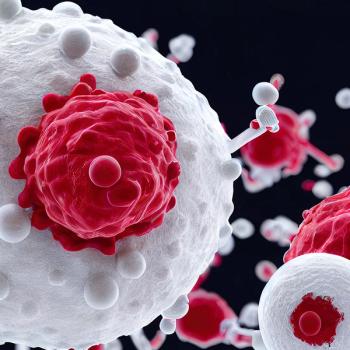
Axi-cel, tisa-cel, and brexu-cel were found comparable to other cellular therapy experiences for patients with B-cell malignancies in real-world data.

Alternating post-HCT care between specialized facilities and local cancer centers produced noninferior non-relapse mortality and similar quality of life to usual care.

Lisocabtagene maraleucel demonstrated a statistically significant overall response rate in adults with relapsed/refractory marginal zone lymphoma.

January's FDA oncology approvals offer new treatment options for breast cancer, mantle cell lymphoma, and other malignancies.

The association of CAR T-cell therapies with second primary cancers warrants the development and examination of mitigation strategies for these toxic effects.

Treosulfan plus fludarabine was approved by the FDA for children and adults with AML or MDS before allogenic hematopoietic stem cell transplantation.

NCCN guidelines now recommend ctDNA testing for MRD assessment for patients with PET-positive DLBCL after treatment.
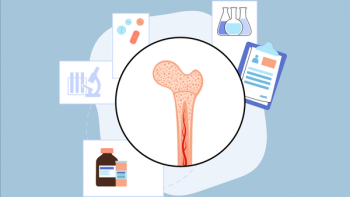
In patients with RRMM, subcutaneous isatuximab plus Pd resulted in a non-inferior objective response rate (ORR) and comparable pre-dose concentrations at steady state compared to IV isatuximab plus Pd.

Ropeginterferon alfa-2b showed superior efficacy over anagrelide in the SURPASS-ET trial for essential thrombocythemia, with higher durable response rates and greater JAK2 allele burden reduction.
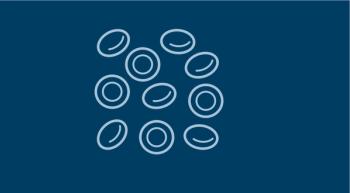
The haplotype is more common in patients achieving a complete hematologic response, indicating its potential as a treatment response biomarker.

Pharmacologic strategies may be able to prevent abnormal uterine bleeding in patients undergoing stem cell transplant.
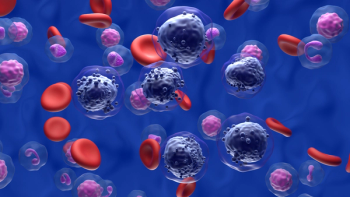
Treatment with venetoclax plus hypomethylating agents yielded improved response rates among adult patients with myelodysplastic syndrome.

With a link to specific genetic mutations in myelodysplastic syndromes, tobacco smoking may be associated with disease progression and survival.
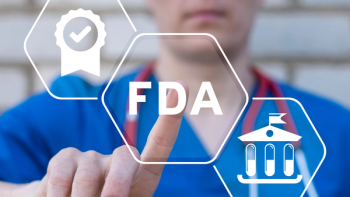
Following a phase 1b trial, the potent and selective dual inhibitor of IRAK1 and IRAK4 received fast track designation for the treatment of patients with lower-risk myelodysplastic syndrome.

An expert discusses the FDA approval of obecabtagene autoleucel—the only CAR T-cell therapy given via split dosing for patients with ALL.

Anitocabtagene autoleucel may be a promising CAR-T cell therapy option for patients with relapsed/refractory myeloma.

Brexu-cel is effective in treating patients with relapsed/refractory B-cell acute lymphoblastic leukemia, real-world data shows.
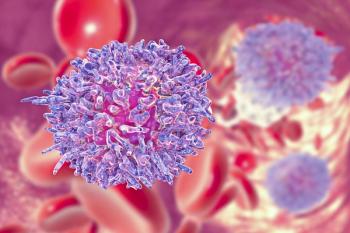
An indirect comparison found that cilta-cel may be better than standard of care for patients with lenalidomise-refractory relapsed/refractory myeloma.

Here’s a roundup of FDA approvals in the oncology space from October 2024.

The FDA granted an accelerated approval to asciminib for newly diagnosed Ph+ chronic myeloid leukemia in the chronic phase.

Among evaluable patients with Waldenström macroglobulinemia, the ORR was 77.8% with NX-5948.
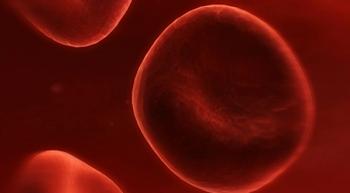
Pharmacologic strategies may be able to prevent abnormal uterine bleeding in patients undergoing stem cell transplant.


